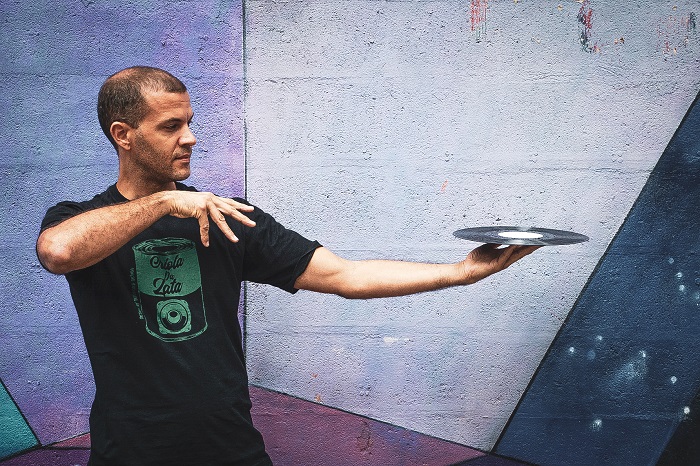Young people in the United States consume the news, but they don’t like what they see. That is, in principle, what emerges from a survey released on Wednesday according to which 79% of young people consume news daily.
The survey of young people between the ages of 16 and 40 – the oldest are called millennials and the youngest are called Generation Z – was conducted by the Media Insight Project, a project between The Associated Press-NORC Center for Public Affairs Research and the American Printing Institute.
The project disproves the idea that young people do not read the news, a notion fueled by figures according to which those who read newspapers and watch the news tend to be older.
“They are aware in more ways than we think,” said Michael Bolden, CEO and executive director of the American Press Institute.
71% of young people receive news through social networks, but the sources are more varied than previously thought. Facebook no longer dominates like it used to. About a third get news from YouTube and Instagram and a quarter from TikTok, Snapchat and Twitter. Currently, 40% say they get news every day from Facebook, compared to 57% of millennials who said the same in a 2015 Media Insight survey.
However, 45% say they consume news from traditional sources such as television, radio, newspapers or news portals.
A quarter of young people, according to the survey, pay to have at least one news source, such as newspapers or magazines in print or online. A similar percentage donates money to a non-profit news organization.
Yet only 32% of respondents say they enjoy following the news, in stark contrast to 53% of millennials who said the same seven years ago. Nowadays, fewer and fewer young people say they enjoy talking about the news with family and friends.
Other findings, such as the percentage of young people who say they feel worse after reading the news online, or who have set a time limit for being online, point to news burnout, said Tom Rosenstiel, a professor of journalism at the University of Maryland.
“This didn’t surprise me,” Bolden said. “We’ve had tough news cycles, especially in the past three years.”
About 9 out of 10 young people say misinformation is a problem and 6 out of 10 say it is a serious problem. Most claim to have been exposed to disinformation.
When asked who they hold most responsible for disinformation, they tend to focus equally on social networks, users, politicians and the press in general.
This may come as a surprise to those in journalism who think they are fighting disinformation, Bolden said. A significant number of respondents disagree.
“Whether that’s true or not, journalists have to accept that this is the perception,” Bolden warned.
He suggested that news outlets better explain what they do and how they make news coverage decisions. They could also, she added, explain how government works and take political leaders into consideration.
–


